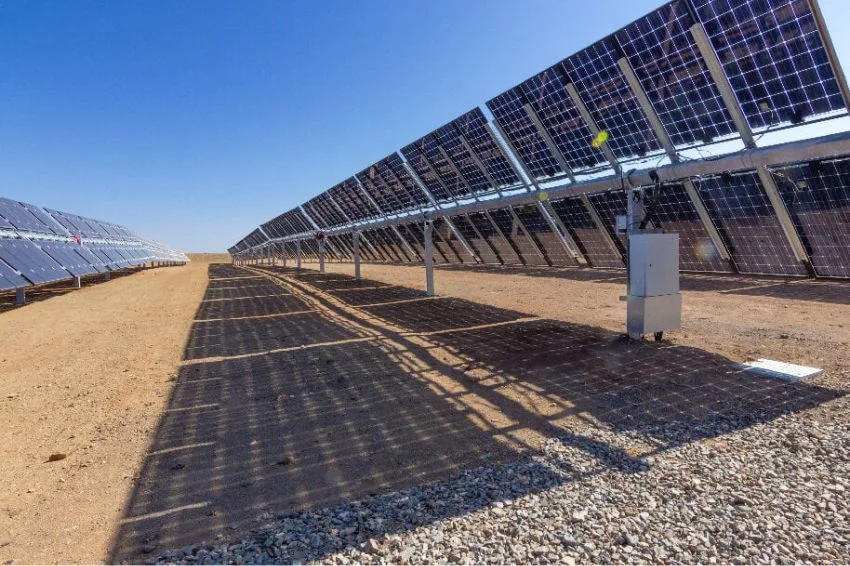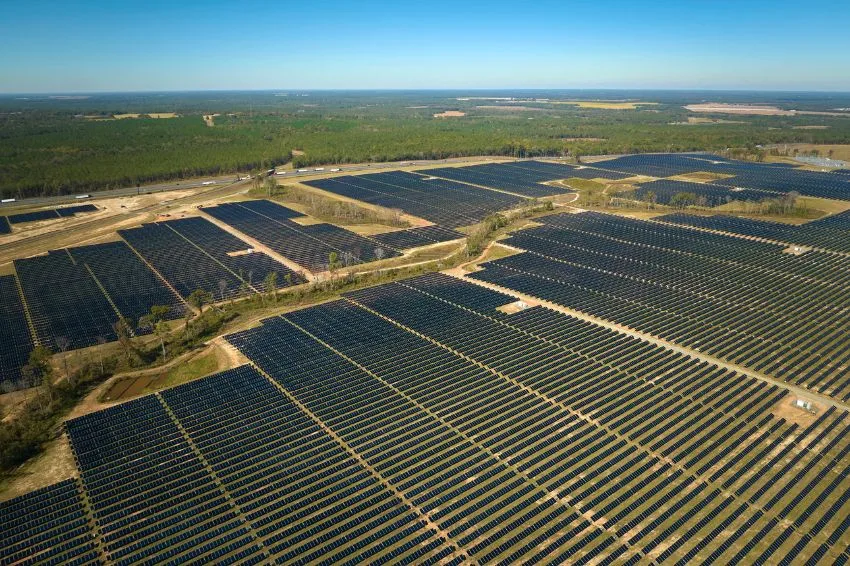The 19 member countries of the G-20 provided US$ 693 billion in support of fossil fuels in 2021, thereby delaying progress in achieving the goals of the Paris Agreement, according to a new report published by BNEF (BloombergNEF).
“This rather substantial sum distorted prices, encouraged the potentially wasteful use and production of fossil fuels, and resulted in investment in long-lasting, emissions-intensive equipment and infrastructure,” the study said.
The report of BNEF assesses progress made by each G-20 nation in three concrete policy areas: phasing out support for fossil fuels; put a price on emissions; reinforce the disclosure of climate risks.
The research aims to increase transparency and inform policy priorities ahead of the G-20 Summit in Indonesia and the COP27 climate conference in Egypt, where much of the discussion will focus on how to deliver on the many promises and targets announced at COP26 in Glasgow, Scotland, a year ago. .
“Governments continue to subsidize fossil fuels – undermining the promises they have made, harming public health and diminishing our chances of avoiding the worst impacts of climate change,” said Michael R. Bloomberg, the UN Secretary-General’s Special Envoy for Ambition and Climate Solutions and founder of Bloomberg LP and Bloomberg Philanthropies.
“We need to dramatically accelerate the shift to clean energy and away from coal and other fossil fuels, and this report highlights some of the most important steps governments can take,” he reported.
The share of G-20 fossil fuel support allocated to coal is slowly decreasing – from 4.1% in 2016 to 2.9% in 2021. But coal still attracted a total of US$20 billion in government support last year.
According to the study, the effort to phase out support for fossil fuels has focused on coal, including pledges announced at recent G-20 summits and COP26.
While estimates for 2021 are tentative, they suggest that fossil support spending has increased by 16%. This spike is not just due to economic recovery and higher electricity use, as the 2021 total was 5% higher than 2016, a year in which energy use was approximately level.
In fact, according to BloombergNEF, the 2021 increase was driven by a 16% increase in support for fossil fuel producers and utilities.
“The G-20 and G-7 governments have announced a series of seemingly more ambitious commitments to phase out fossil fuel subsidies,” said Victoria Cuming, head of global policy at BloombergNEF.
“But they always seem to include imprecise language and caveats, giving governments wiggle room to interpret these promises however they want. BNEF’s analysis shows that there appears to be little evidence that these countries are fulfilling their promises”, he pointed out.
Countries that supported the most
At the country level, China may have accounted for the largest share (26%) of G-20 fossil fuel support in 2020 (the last year for which country-level data is available).
However, BNEF stated that the country ranks well below other G-20 members on a per capita basis – US$ 111 in 2020 compared to, for example, Saudi Arabia (US$ 1,433), Argentina (US$ 734) and Canada ( US$ 512).
The United States has the lowest per capita total in the G-20 (US$ 34 in 2020), but provided 57% more of these subsidies in 2020 compared to 2016.
To effectively lead the phase-out of coal and other fossil fuels, the report emphasized that G-20 countries must introduce a meaningful carbon price, so that companies and consumers pay for their greenhouse gas emissions.
In total, 12 G-20 member countries have national carbon pricing. Europe and Canada continue to be G-20 leaders on robust carbon policies.
In particular, prices are close to or well above the level needed to limit global warming to 2°C above pre-industrial levels by the end of the century. The World Bank estimates this range to be US$ 40-80 per metric ton by 2020 and US$ 50-100 by 2030.
The other G-20 countries with national schemes have an average carbon price of US$8/ton and the US, which has multiple state tier programs, has an average price of $9/ton.
Most of these programs, the study found, are less effective because they cover such a small portion of national emissions or offer very generous grants to participants.
The third priority area in BNEF's vision is to strengthen the disclosure of climate risks by companies and financial institutions. “Policymakers are expressing concern more than ever that climate change poses major risks to financial stability.”
“However, of the G-20 countries, only the EU and the UK have passed laws or regulations to mandate national disclosure of specific climate risks to investors, while the US has issued a proposal to take this step. Instead, most G-20 governments have gone so far as to launch pilot projects and issue voluntary guidance documents,” the report said.
“This could mark a shift in rhetoric and help improve the capabilities of financial market participants without being too disruptive to current market practices. But this type of voluntary approach allows institutions to postpone action”, they concluded.

















